- Details
- Written by: Kamran Mofid
- Hits: 3681
Updated Sunday 10 April 2022
We live in a wonderful but deeply wounded world that is at times uncaring, unforgiving, cruel, and devoid of second chances. Easter and Spring offer the assurance that the many difficulties and challenges that threaten to overwhelm us will be overcome. We should allow ourselves to share in the sense of hope which is one of the most important messages this wonderful season has to offer– the others being peace, forgiveness, atonement, renewal, love, and healing.
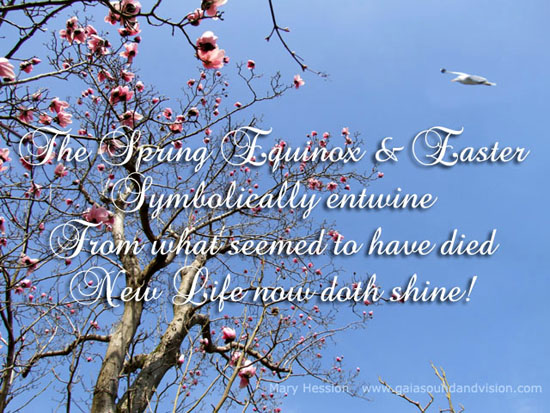
Now is the time to embrace Easter's message. After all, it is the ultimate time of hope and renewal, especially when you pair it with the beauty and the magic of springtime.
As many observers have wisely reminded us, life is essentially about relationships, this Easter — given the state of things — prompts us to reconsider not only our personal relationships, but our relationship with the natural world.
All in all, Easter is, by all accounts, perhaps, the most ancient and widespread of our annual festivals. The common themes of resurrection and hope, darkness and light, hatred and love, the universal symbols of renewal and abundance, remind us every spring of the shared values of the human species.
Easter is – as “a moveable feast” — a rite inherently linked to nature, set by the Council of Nicaea in the year 325 A.D. as the Sunday following the first full moon after the vernal equinox.
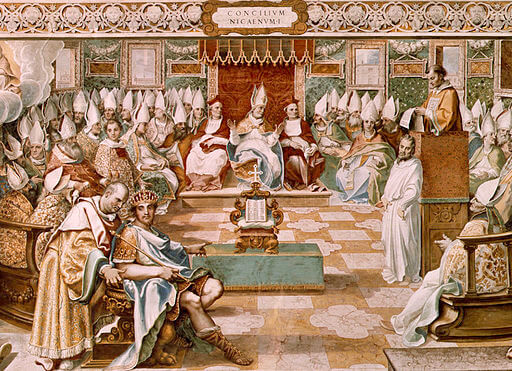
The Council of Nicaea—the first worldwide religious council, held in A.D. 325.-Photo:SGWMSCOG
As an Editorial in Toronto Star has candidly noted, ‘the COVID-19 crisis reminds us that humanity is another kind of animal, inextricably connected with other species.
Holy Week, which leads up to Easter, is full of hard lessons about injustice, cowardice, betrayal. And Easter itself is about more than painted eggs, fancy bonnets, chocolate bunnies and lilies.
Christian faith is said by the gospels to stand or fall on belief in the resurrection, on the liberation from old failings and the new spiritual life Christ’s sacrifice offers.
Easter is not about going back to the old normal, but going forward to be better, live better, love better.
It heralds new opportunities, a chance to dispense with old grudges, prejudices, ill will and unworthy acts.
The author Mary Gordon has written that, to her, the importance of the Resurrection is not whether it literally happened, but that “it insists on the primacy of life over death. “For me, the meaning of the Resurrection is the possibility of possibility.”
This Easter, in a world needful of hope and inspiration, that’s a prayer as good as any.’
Coronavirus and Easter: Message Remains the Same
This Easter Sunday, let's think about the kind of world we’d like to create
Music for Hope on Easter Sunday from Milan Cathedral
My poem of the Month: Springing back in April with a Renewed Sense of Hope and Optimism
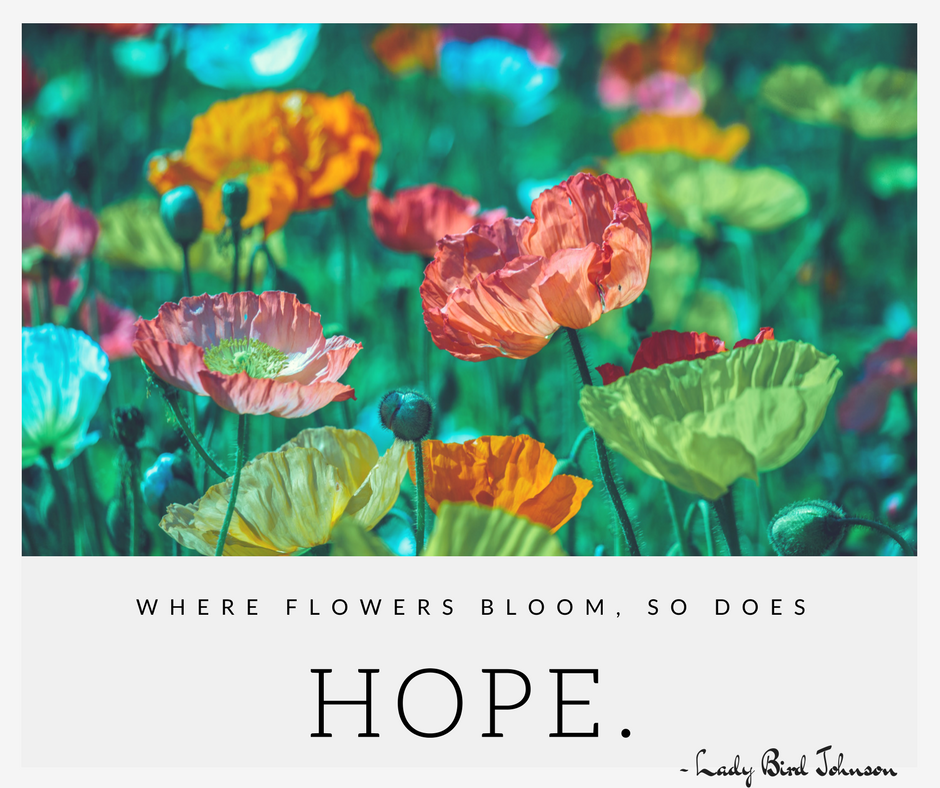
Photo: geezgwen.com
“Let me seek, then, the gift of silence, and poverty, and solitude, where everything I touch is turned into prayer: where the sky is my prayer, the birds are my prayer, the wind in the trees is my prayer, for God is all in all.”-Thomas Merton
"I walk with beauty before me;
I walk with beauty behind me;
I walk with beauty above me;
I walk with beauty below me;
I walk with beauty all around me;
Your world is so beautiful, O God."-Navajo prayer
"Heaven is my father and earth is my mother,
and I, a small child, find myself placed intimately between them.
What fills the universe I regard as my body;
what directs the universe I regard as my nature.
All people are my brothers and sisters; all things are my companions."- Zhang Zai (1020–1077)
'Be like the sun for grace and mercy.
Be like the night to cover others’ faults.
Be like running water for generosity.
Be like death for rage and anger.
Be like the Earth for modesty.
Appear as you are.
Be as you appear.'- Rumi
Dear Friends of the GCGI,
As the season of Easter begins across many countries around the world, we at the GCGI, extend season's greetings and our best wishes of love, peace, renewal and hope to you all.
At this beautiful time of the year, flowers and blossoms are blooming, birds are singing, butterflies are dancing, and the days are getting brighter and longer. What better way to sing the praises of Spring’s arrival than to read beautiful poetry. Here are two poems we would like to share with you: One from Hopkins and the other from Wordsworth: Celebrating the joyous Spring with Hopkins and Wordsworth
One hundred years ago, on the official first day of spring, the Anglo-Welsh war poet and naturalist Edward Thomas set off from Clapham Common in London to cycle and walk to the Quantock Hills in Somerset. The record of his journey, called In Pursuit of Spring, became a nature-writing classic, telling of exuberant chiffchaffs and house martins, daffodils and cowslips in full flower and "honeysuckle in such profusion as I had never before seen"... ‘In Pursuit of Spring’
And now for those who are interested to read a bit more about Easter from a Christian perspective, we recommend the following links The Promise of Resurrection and Discovering the Presence of God in Nature
“Our Lord has written the promise of resurrection, not in books alone, but in every leaf in springtime.” –Martin Luther
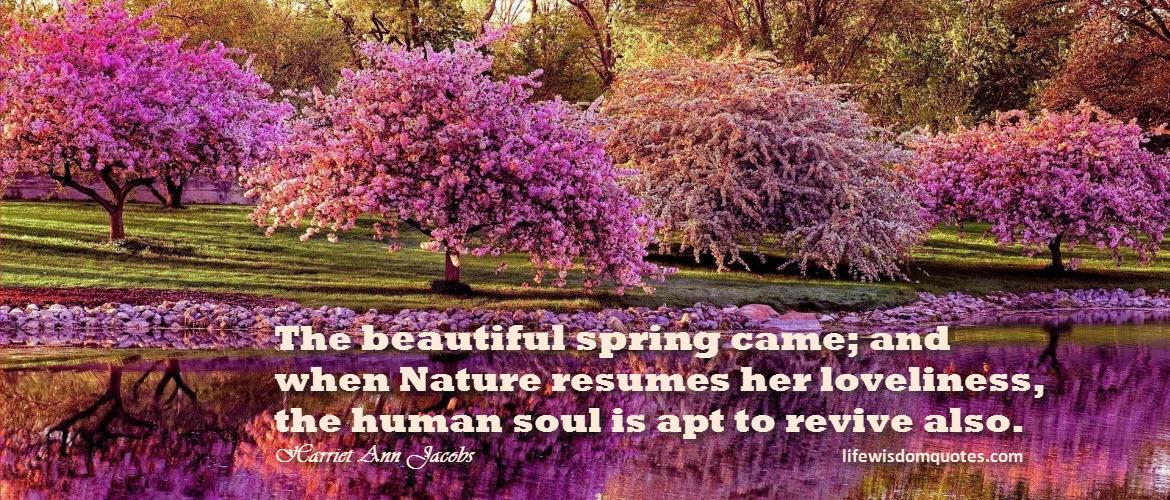
Wishing you all a very happy and healthy Easter,
Enjoy the beautiful and inspiring nature and springtime,
Love,
Kamran and Annie
- Details
- Written by: Kamran Mofid
- Hits: 2764
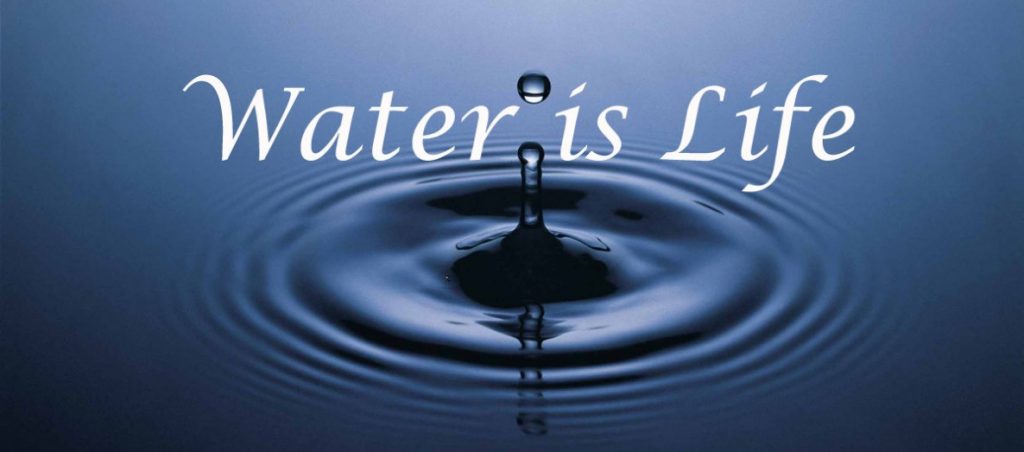
Photo:mauiindependent.org
The World Water Forum is the world’s biggest water-related event and is organized by the World Water Council (WWC), an international organization that brings together all those interested in the theme of water. Its mission is “to promote awareness, build political commitment and trigger action on critical water issues at all levels, to facilitate the efficient conservation, protection, development, planning, management and use of water in all its dimensions on an environmentally sustainable basis for the benefit of all life on Earth”.
Water is Life, Water is a Common Good not a Commodity
‘The well-known statement 'No water – no life' is significant in the life of all living things on earth. Water is accepted as the basis of life on the planet (Jeremiah 2007:2). Nothing on this earth has life without water. Water was in existence even before life:
‘In the beginning of creation, when God made heaven and earth, the earth was without form and void, with darkness over the face of the abyss, and a mighty wind that swept over the surface of the water.’-(GN 1:1-2)
No money to pay for the privatised water?
Then, you know what you can do!
- Details
- Written by: Kamran Mofid
- Hits: 2205
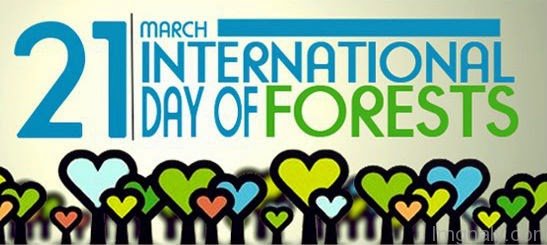
Photo:imgnaly.com
“The clearest way into the Universe is through a forest wilderness.”- John Muir
I offer this in honour of our forthcoming coming conference in Lucca,Tuscany, 28 August-1 September 2018
World Forestry Day or International Day of Forests is celebrated globally each year on 21st of March in order to increase the public awareness among communities about the values, significance and contributions of the forests to balance the life cycle on the earth.
The day was first initiated in 1971 at the 23rd General Assembly of European Confederation of Agriculture. Then, on 21 December 2012, the United Nations General Assembly adopted a resolution which declared 21 March as the International Day of Forests. It is held annually to raise awareness of the importance of forests to people.
2018 Theme: Forests and Sustainable Cities
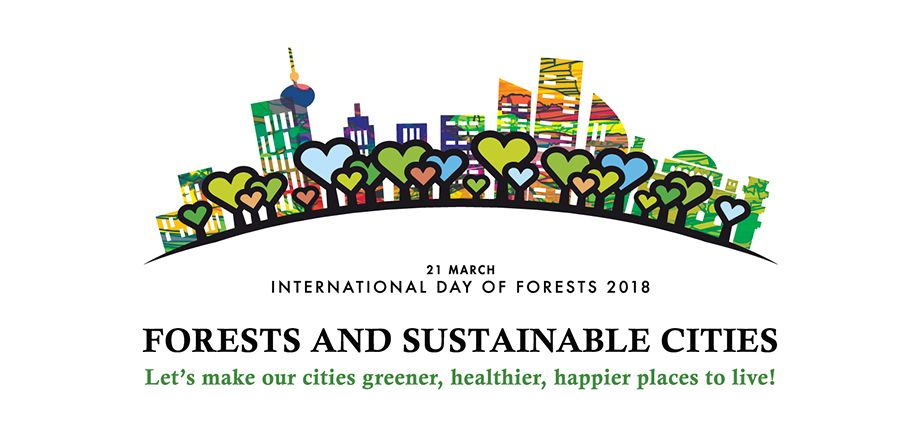
Desperately seeking Sophia: The Wisdom of Nature
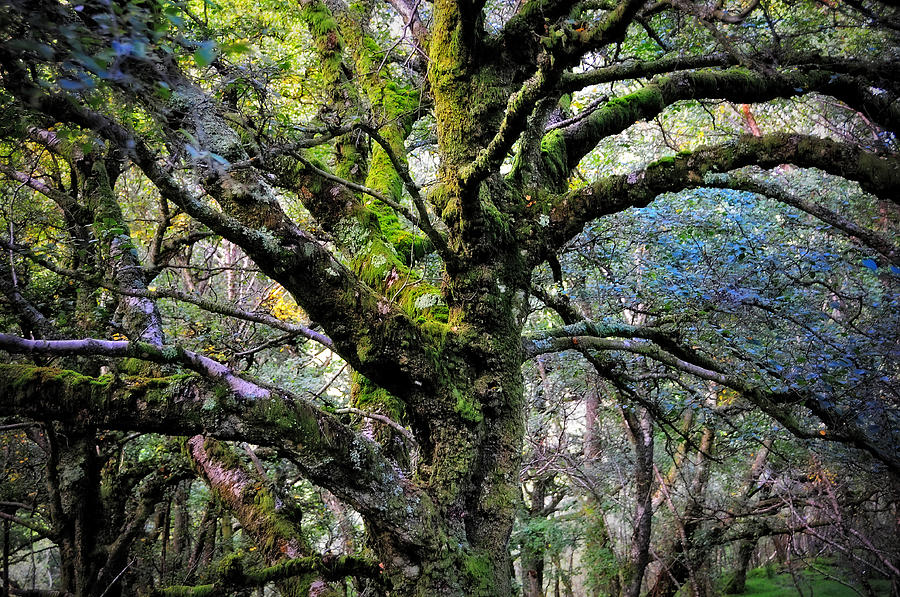
The Tree of Wisdom, Old whimsical tree in the Wicklow forest, Ireland.
Photograph by Jenny Rainbow: fineartamerica.com
What can we learn from the forests, the trees, in this man-made troubled world?
‘Trees don’t actually compete with each other. They are super-cooperators!’
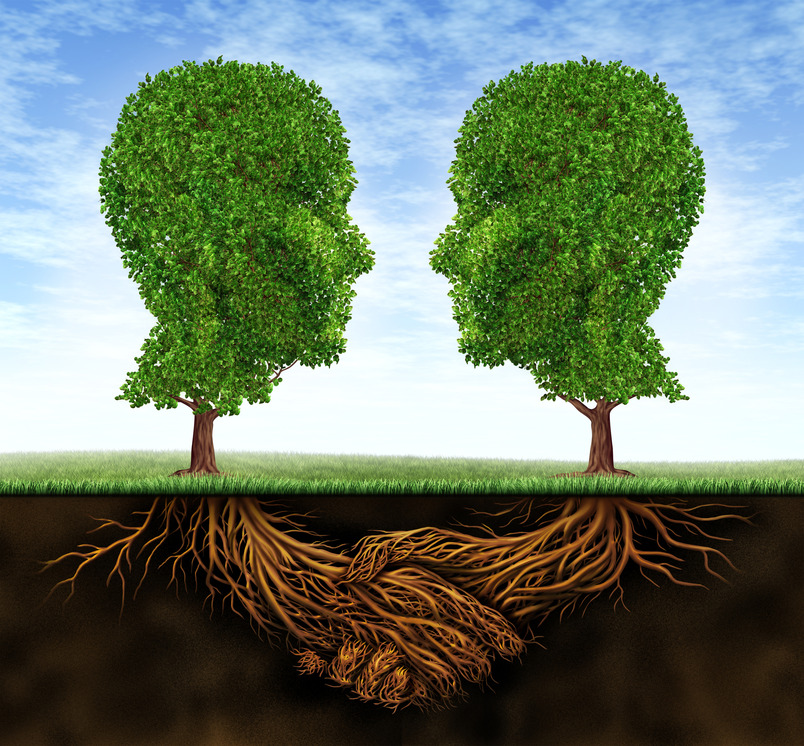
Photo:toopen.com
Yes, whilst we, the humans, celebrate INDIVIDUALISM and COMPETITION, the wiser ones have discovered the wisdom and beauty of COOPERATION in the interest of the COMMON GOOD!
"A forest is much more than what you see," says ecologist Suzanne Simard. Her 30 years of research in Canadian forests have led to an astounding discovery -- trees talk, often and over vast distances. Learn more about the harmonious yet complicated social lives of trees and prepare to see the natural world with new eyes.
To learn more about how trees talk, see this fascinating video by Suzanne Simard, professor of forest ecology at the University of British Columbia, Canada:
Imagine you are walking through a forest: How trees talk to each other
A Must Read Reflection on the Beauty and Wisdom of Trees and Forests
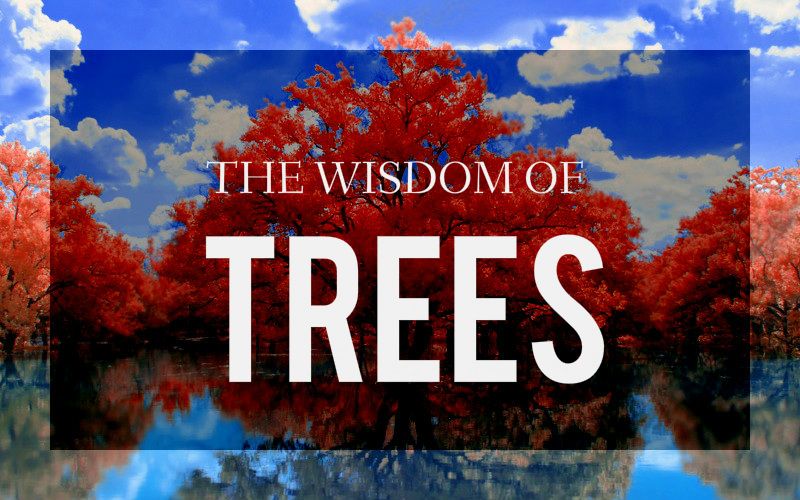
Photo:zenawakened.com
“For me, trees have always been the most penetrating preachers. I revere them when they live in tribes and families, in forests and groves. And even more I revere them when they stand alone. They are like lonely persons. Not like hermits who have stolen away out of some weakness, but like great, solitary men, like Beethoven and Nietzsche. In their highest boughs the world rustles, their roots rest in infinity; but they do not lose themselves there, they struggle with all the force of their lives for one thing only: to fulfil themselves according to their own laws, to build up their own form, to represent themselves. Nothing is holier, nothing is more exemplary than a beautiful, strong tree. When a tree is cut down and reveals its naked death-wound to the sun, one can read its whole history in the luminous, inscribed disk of its trunk: in the rings of its years, its scars, all the struggle, all the suffering, all the sickness, all the happiness and prosperity stand truly written, the narrow years and the luxurious years, the attacks withstood, the storms endured. And every young farm boy knows that the hardest and noblest wood has the narrowest rings, that high on the mountains and in continuing danger the most indestructible, the strongest, the ideal trees grow.
Trees are sanctuaries. Whoever knows how to speak to them, whoever knows how to listen to them, can learn the truth. They do not preach learning and precepts, they preach, undeterred by particulars, the ancient law of life.
A tree says: A kernel is hidden in me, a spark, a thought, I am life from eternal life. The attempt and the risk that the eternal mother took with me is unique, unique the form and veins of my skin, unique the smallest play of leaves in my branches and the smallest scar on my bark. I was made to form and reveal the eternal in my smallest special detail.
A tree says: My strength is trust. I know nothing about my fathers, I know nothing about the thousand children that every year spring out of me. I live out the secret of my seed to the very end, and I care for nothing else. I trust that God is in me. I trust that my labor is holy. Out of this trust I live.
When we are stricken and cannot bear our lives any longer, then a tree has something to say to us: Be still! Be still! Look at me! Life is not easy, life is not difficult. Those are childish thoughts. Let God speak within you, and your thoughts will grow silent. You are anxious because your path leads away from mother and home. But every step and every day lead you back again to the mother. Home is neither here nor there. Home is within you, or home is nowhere at all.
A longing to wander tears my heart when I hear trees rustling in the wind at evening. If one listens to them silently for a long time, this longing reveals its kernel, its meaning. It is not so much a matter of escaping from one's suffering, though it may seem to be so. It is a longing for home, for a memory of the mother, for new metaphors for life. It leads home. Every path leads homeward, every step is birth, every step is death, every grave is mother.
So the tree rustles in the evening, when we stand uneasy before our own childish thoughts: Trees have long thoughts, long-breathing and restful, just as they have longer lives than ours. They are wiser than we are, as long as we do not listen to them. But when we have learned how to listen to trees, then the brevity and the quickness and the childlike hastiness of our thoughts achieve an incomparable joy. Whoever has learned how to listen to trees no longer wants to be a tree. He wants to be nothing except what he is. That is home. That is happiness.”― Hermann Hesse, Bäume. Betrachtungen und Gedichte
Destruction of nature as dangerous as climate change, scientists warn
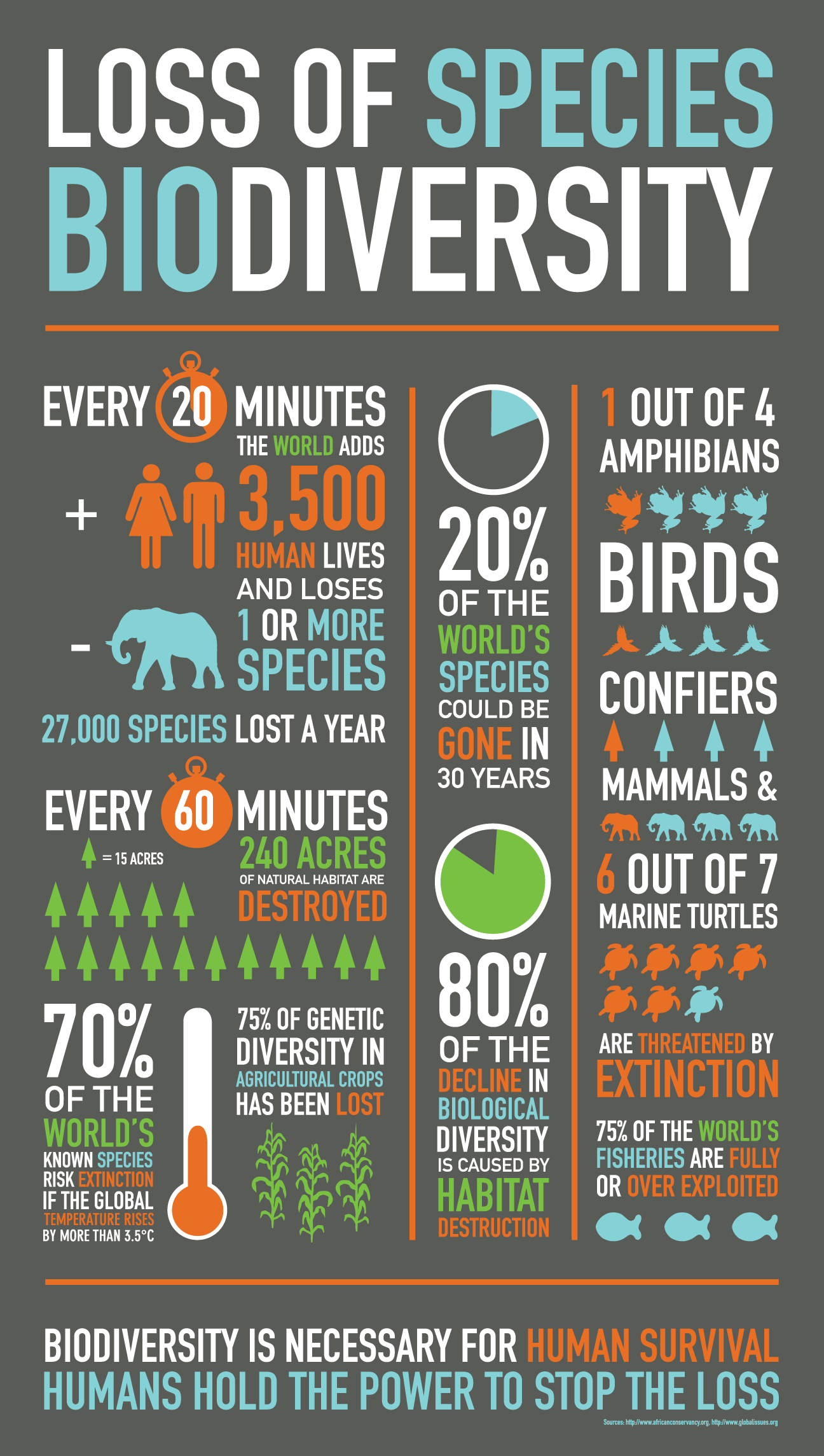
Photo:behance.net
‘Human destruction of nature is rapidly eroding the world’s capacity to provide food, water and security to billions of people, according to the most comprehensive biodiversity study in more than a decade.
Such is the rate of decline that the risks posed by biodiversity loss should be considered on the same scale as those of climate change, noted the authors of the UN-backed report, which was released in Medellin, Colombia on Friday.
Among the standout findings are that exploitable fisheries in the world’s most populous region – the Asia-Pacific – are on course to decline to zero by 2048; that freshwater availability in the Americas has halved since the 1950s and that 42% of land species in Europe have declined in the past decade.’...Continue to read
What is biodiversity and why does it matter to us?
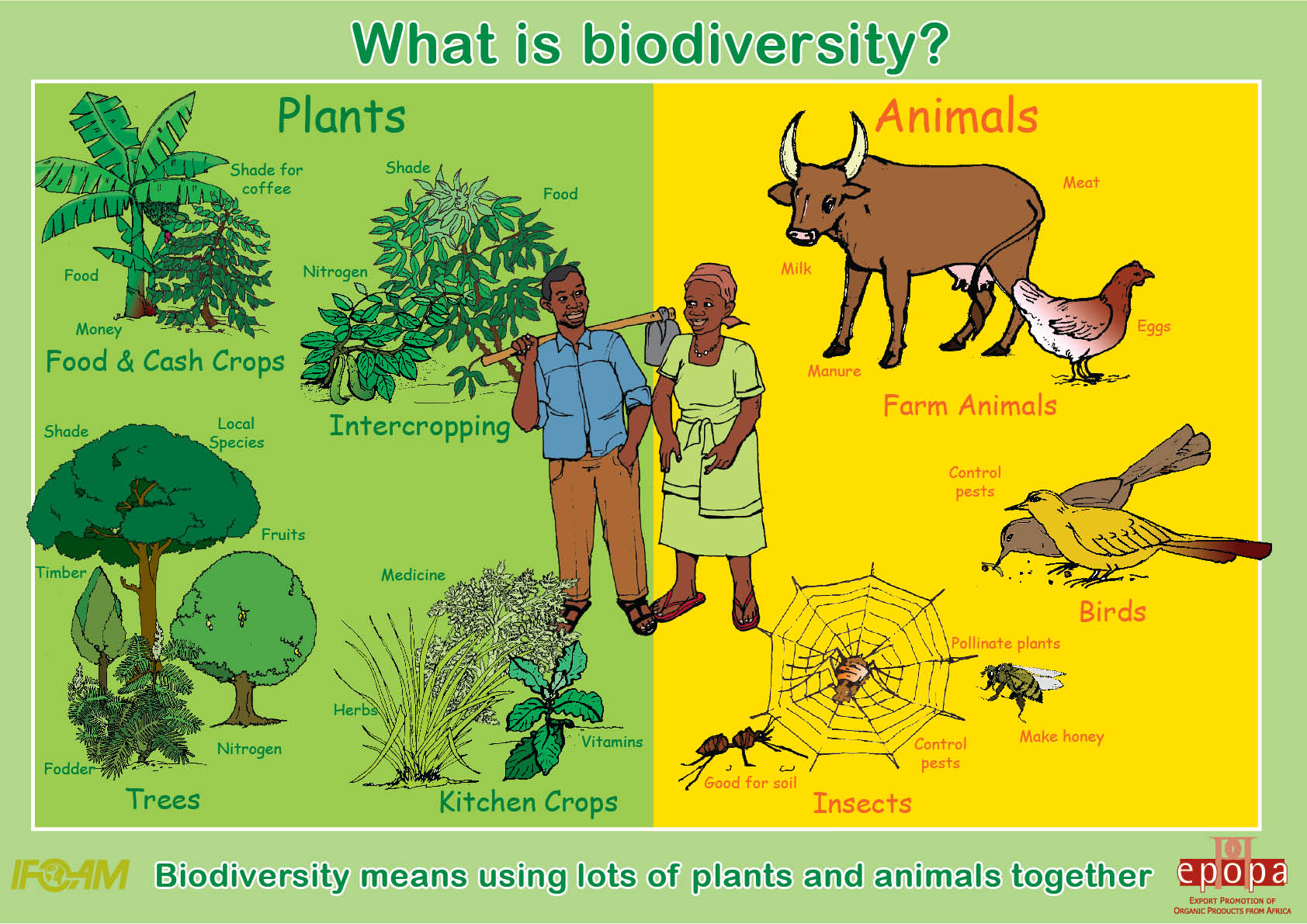
Photo:justforests.org
‘The air you breathe, the water you drink and the food you eat all rely on biodiversity, but right now it is in crisis – because of us. What does this mean for our future and can we stop it?’
‘It is the variety of life on Earth, in all its forms and all its interactions. If that sounds bewilderingly broad, that’s because it is. Biodiversity is the most complex feature of our planet and it is the most vital. “Without biodiversity, there is no future for humanity,” says Prof David Macdonald, at Oxford University.
The term was coined in 1985 – a contraction of “biological diversity” – but the huge global biodiversity losses now becoming apparent represent a crisis equalling – or quite possibly surpassing – climate change.
More formally, biodiversity is comprised of several levels, starting with genes, then individual species, then communities of creatures and finally entire ecosystems, such as forests or coral reefs, where life interplays with the physical environment. These myriad interactions have made Earth habitable for billions of years.
A more philosophical way of viewing biodiversity is this: it represents the knowledge learned by evolving species over millions of years about how to survive through the vastly varying environmental conditions Earth has experienced. Seen like that, experts warn, humanity is currently “burning the library of life”...Continue to read
For a selection of related and complementary articles and videos visit The Wisdom Corner
- Privatisation of Public Sector is unfair and un-Christian
- Desperately seeking Sophia: The Wisdom of Nature
- Long Way from Adi Ghehad: A Powerful and Inspiring Story of an Asylum Seeker
- Student Suicides at Bristol University: My Open Letter to the Vice-Chancellor, Prof. Hugh Brady
- ‘I Have a Dream’: Yearning for Dr. King’s Interconnected World
